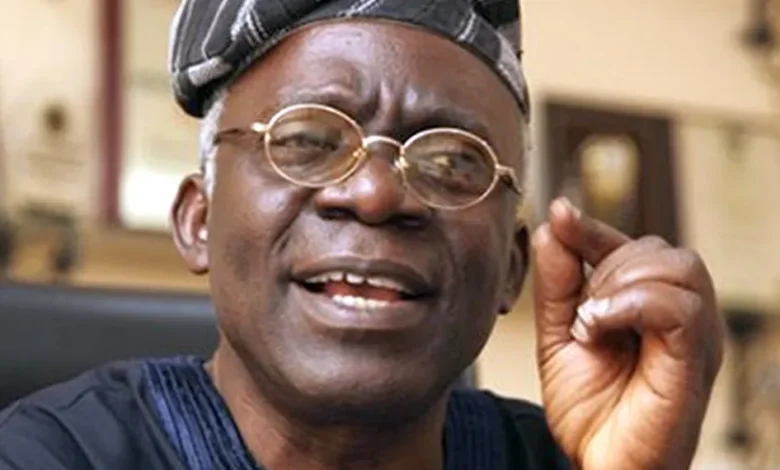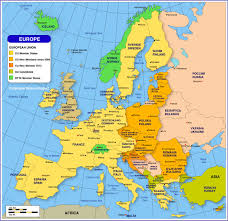Port Harcourt Refinery: Obasanjo not speaking the truth, says Falana

By Samuel Ogunsona
Renowned lawyer and Senior Advocate of Nigeria, (SAN) Mr Femi Falana has said that former President Olusegun
Obasanjo was not speaking the truty on his attempt to privatise the Port Harcourt refinery shortly before he left office in 2007.
He explained that former President Umaru Yar’Adua cancelled the sale of Port Harcourt Refinery to Dangote due to the irregularities associated with the deal under Obasanjo’s Government.
Falana said Obasanjo breached the constitution by undermining due process.
He said the former President also sidelined Vice President Atiku Abubakar.
Obadanjo unilaterally took over the privatisation of a number of public enterprises, Falana said.
He said Yar Adua reversed the sale of Port Harcour refinery partly because of the composition of Bluestar Oil , the consortium that wanted to buy the refinery which was made up of Dangote Oil, Zenon Oil, and Transcop.
Falana said “Before the deal, President Obasanjo had acquired large shares in Transcorp through “blind trust.”
He said many interest groups in the country questioned the legal validity and moral propriety of the sales as they were consummated in the last days of the Obasanjo Administration.
He argued that on May 17, 2007, Obasanjo sold a 51% stake in the Port Harcourt refinery to Bluestar Oil for US$561 million and that in another transaction that took place on May 28, 2007, Obasanjo sold 51% shares in Kaduna Refinery to Bluestar Oil for $160 million.
He argued that under the Privatisation and Commercialisation Act, the Vice President is the chairman of the National Council on Privatisation (NCP), a body that is charged with overseeing the privatisation and commercialisation of public enterprises.
He said in breach of the Act, President Olusegun Obasanjo sidelined Vice President Atiku Abubakar and took over the privatisation of a number of public enterprises.
Falana said Bluestar Oil was a consortium of three domestic companies, including Dangote Oil, Zenon Oil, and Transcop.
He said before the deal, former President Obasanjo had acquired large shares in Transcorp through “blind trust.”
He recalled that the two powerful trade unions in the oil industry —the National Union of Petroleum and Natural Gas Workers (NUPENG) and the Petroleum and Natural Gas Senior Staff Association of Nigeria (PENGASSAN) rejected the privatisation of the two refineries on grounds of conflict of interest and lack of due process.
He recalled that they also alleged that the nation had been shortchanged as the shares acquired in the Port Harcourt refinery for $516 million were worth US$5 billion.
He said Yar Adua was convinced that the deals were not in the national interest and that both unions proceeded on a 4-day strike that almost paralysed the Nigerian economy in June 2007.
He recalled that the strike was called off based on the assurance of the Federal government that the deals would be fully investigated.
He said upon the conclusion of the investigation by the Federal Government, the privatisation of the Port Harcourt and Kaduna refineries was cancelled by President Umaru Yar’adua.
“It is on record that the cancellation of the privatisation was not challenged in any court as it was carried out contrary to the letter and spirit of the Privatisation and Commercialisation Act” Falana said.
He called on NUPENG and PENGASSAN to intensify their historical struggle aimed stalling the privatisation of the nation’s refineries.
Falana said those that are awaiting the privatisation of the refineries, in a manner at variance with the national, interest should be advised to set up their ownj refineries like the Dangote Group.





